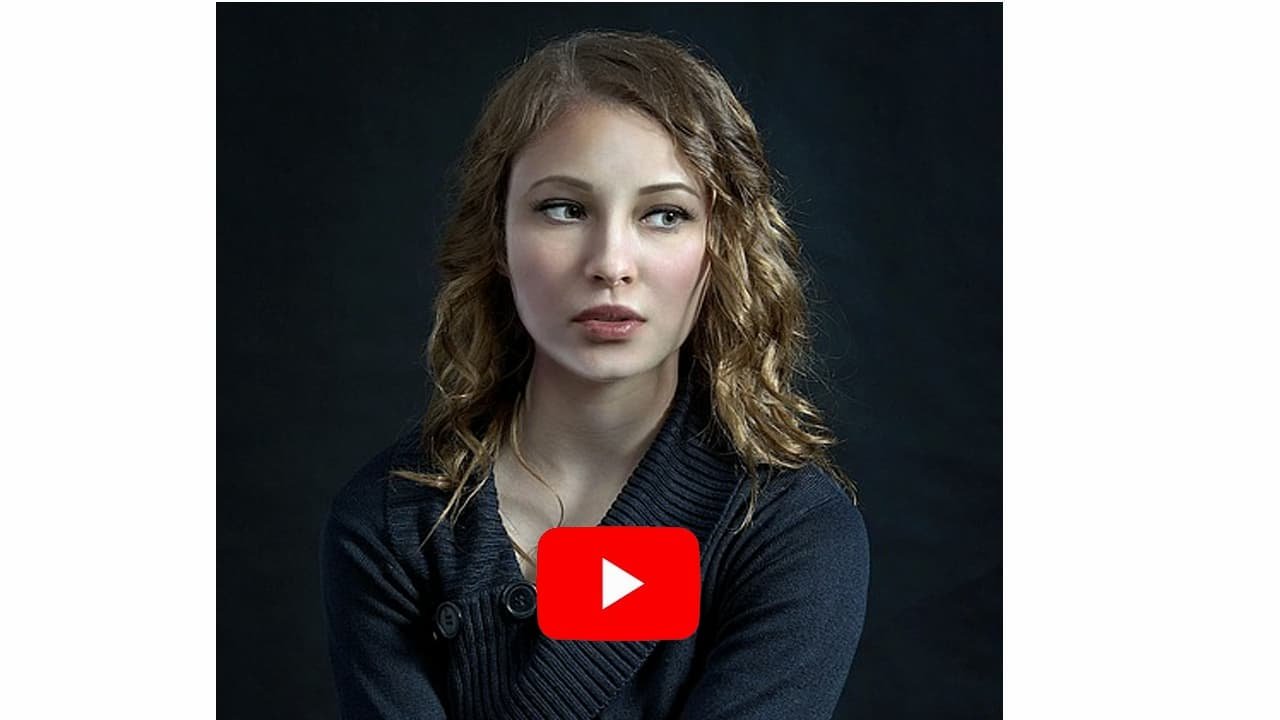Coping with Hair Loss: Understanding the Emotional and Psychological Impact
Hair loss is rarely just about hair. For many, it touches something deeper—identity, self-confidence, even how they believe the world perceives them. When strands begin to thin or fall away, the emotional weight can feel heavier than the physical change itself. To truly support someone facing hair loss, we first need to understand the profound psychological and emotional toll it can take.
The Emotional Rollercoaster
A Sense of Grief and Loss
Hair often carries symbolic weight. It can represent vitality, youth, beauty, and strength. When it begins to disappear, it’s not uncommon for individuals to experience something that feels like grief—mourning the loss of a part of themselves they’ve always known.
Anxiety and Social Worries
Many wonder: What will others think? This anxiety can create self-consciousness in daily life, whether it’s walking into a meeting, attending social events, or simply looking in the mirror. The fear of being judged, pitied, or stared at often fuels further stress.
The Impact on Self-Esteem
Withdrawal and Isolation
As confidence takes a hit, some people begin withdrawing—turning down social invitations, hiding beneath hats, or avoiding situations where their appearance might be noticed. This sense of retreat can create loneliness, further amplifying the emotional strain.
Shame and Embarrassment
Hair loss can carry a stigma. Even though it’s common and natural, many feel ashamed, as though their condition reflects something about their health, age, or attractiveness. These feelings, while completely valid, can be incredibly isolating.
The Role of Compassionate Support
Creating a Safe Space
The most important thing you can offer is empathy. Allow your loved one to express their frustration, sadness, or fears without brushing them aside. Phrases like “It’s not a big deal” may come from good intentions but can feel dismissive. What they need is space to share, not solutions right away.
Reassurance Beyond Appearance
Hair doesn’t define worth. Reminding your loved one of their talents, strengths, and inner qualities can bring comfort. Reinforcing that they are valued for far more than their appearance helps rebuild self-esteem and resilience.
Educating Yourself Helps Too
Hair loss can stem from many causes—genetic predispositions, medical conditions, hormonal shifts, or even environmental factors. By learning about these possibilities, you approach the conversation with understanding instead of judgment. This knowledge also equips you to discuss potential treatments or coping strategies with sensitivity.
Fostering Hope and Resilience
While hair loss can feel like an overwhelming journey, it doesn’t have to define a person’s future. Support, compassion, and patience can ease much of the burden. When individuals feel seen and accepted beyond their appearance, they often rediscover confidence, courage, and a renewed sense of self-worth.
Final Thoughts
Hair loss is more than skin deep—it’s a challenge that touches the heart and mind as much as the scalp. But with empathy, reassurance, and understanding, loved ones can play a powerful role in helping someone navigate the emotional terrain. Ultimately, the journey is not just about coping with what’s been lost, but about rediscovering strength, identity, and confidence in new and meaningful ways.
Hair Loss Resources: Providing Information and Support Networks
When someone is facing hair loss, the right resources can make a world of difference. It’s not just about finding a treatment—it’s about finding answers, reassurance, and a sense of belonging. Reliable information and supportive communities give people the tools to move from fear and uncertainty toward understanding and empowerment.
A good first step is always the medical route. Dermatologists, trichologists, and endocrinologists aren’t just titles on a door—they’re specialists who can dig into the why behind hair loss. Maybe it’s genetic. Maybe it’s stress. Maybe it’s an underlying medical condition that needs attention. These professionals can order the right tests, explain what’s happening in clear terms, and suggest tailored solutions, whether that means medications, topical treatments, or even surgical approaches like hair transplants. Having a plan, even if it’s just an exploration, often brings immediate relief.
But medical advice is only one piece of the puzzle. For many, connection matters just as much. That’s where organizations and charities step in—offering not just brochures and statistics, but also counseling, webinars, and community events where people can meet others on the same journey. Knowing you’re not alone changes everything; it reframes hair loss from a silent struggle into a shared experience.
And then there’s the digital world. Online forums, social media groups, and dedicated websites are buzzing with real stories from real people. Some are swapping practical tips—like which scalp concealer actually works under stage lights, or how to talk to kids about sudden hair changes. Others are just venting, laughing, or comforting. That kind of solidarity, even through a screen, chips away at the isolation many feel.
As someone offering support, you play a quiet but powerful role. Gently guiding your loved one toward reputable sources—instead of letting them get lost in the maze of miracle cures—can save them from disappointment and misinformation. Encourage them to lean on both experts and peers. Knowledge, after all, is more than information; it’s the fuel that builds confidence, eases fear, and helps them take control of their journey.
In short: resources aren’t just about facts—they’re about connection, empowerment, and hope. And when someone feels better equipped to handle the unknown, they’re no longer just coping with hair loss; they’re actively reclaiming their story.
🏆 Don’t wait—start your hair transformation today! Check out these top hair loss solutions.
Coping Strategies for Caregivers: Supporting with Compassion and Practicality
Caring for someone going through hair loss isn’t just about finding the right words—it’s about showing up, day after day, with empathy and patience. As a caregiver, you wear many hats: listener, encourager, researcher, sometimes even stylist. And while the role can feel delicate, the impact you have is immeasurable.
One of the most powerful tools you have is listening. Not the distracted, half-there kind—but real, present listening. Giving your loved one space to say, “I’m scared” or “I feel embarrassed” without immediately jumping in to fix it. Sometimes, the simple act of being heard lightens the emotional load more than any pep talk ever could.
Then comes the practical side. Hair loss often feels like losing control—so helping your loved one explore options like wigs, scarves, hats, or hairpieces can give some of that control back. Think of these not as “cover-ups” but as confidence boosters, small tools that allow them to face the world on their own terms. Researching treatments together or sitting beside them at a doctor’s appointment shows, in a quiet but powerful way, “you’re not facing this alone.”
Don’t overlook the everyday lifestyle choices, either. Encouraging balanced meals, stress management, and gentle scalp care routines isn’t about promising a miracle—it’s about supporting overall well-being. A healthy body often nurtures a healthier mindset.
And here’s something important: mind your words. A throwaway comment like, “It’s not a big deal” or “No one will notice” can sting more than you realize. Instead, focus on affirmations that highlight who they are beyond appearance—resilient, creative, funny, strong. These reminders help anchor their identity in qualities that hair loss can’t touch.
There will also be social challenges: avoiding uncomfortable questions, managing stares, or handling moments of self-doubt. Helping your loved one build coping strategies—whether through role-playing responses, setting boundaries, or even seeking professional counseling—can provide real relief.
At the heart of it all is consistency. Compassion isn’t a one-time gesture; it’s the steady reassurance that you’ll walk alongside them, no matter how hard the journey feels. With patience, empathy, and a touch of practicality, you’re not just helping them cope with hair loss—you’re helping them rediscover confidence, acceptance, and the beauty that has always been theirs.
🏆 Don’t wait—start your hair transformation today! Check out these top hair loss solutions.
YOU MAY ALSO LIKE:
Understanding the Emotional Impact of Hair Loss: Coping, Support, and Solutions
Latest Advances in Hair Loss Research and Treatments: A Comprehensive Overview
Hair Loss Myths Debunked: Facts, Causes, and Effective Solutions
Early Signs of Hair Loss You Shouldn’t Ignore for Healthy Hair
Effective Natural Ways to Combat Hair Loss: Tips for Healthy, Strong Hair
Understanding Hair Loss in Men and Women: Key Differences, Causes & Solutions







